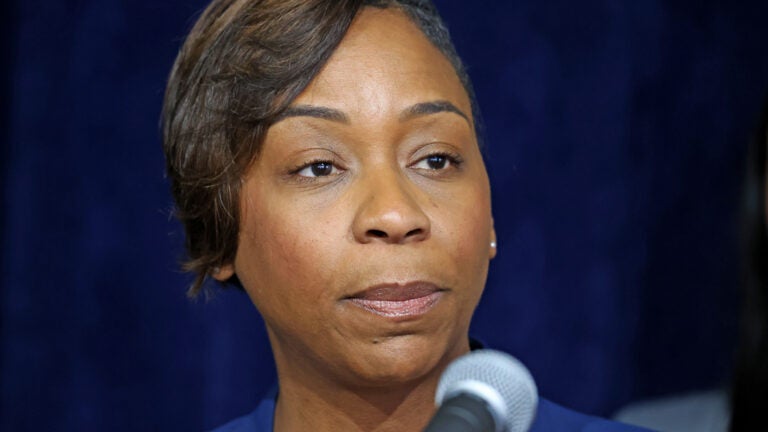Federal Judge Blocks Trump Administration's NIH Funding Cuts Amid Legal Challenges
A federal judge temporarily halts the Trump administration's cuts to NIH funding for indirect costs, following lawsuits from state attorneys general and universities.
Subscribe to unlock this story
We really don't like cutting you off, but you've reached your monthly limit. At just $5/month, subscriptions are how we keep this project going. Start your free 7-day trial today!
Get StartedHave an account? Sign in
Overview
The NIH's decision to cut funding for indirect costs, now capped at 15%, has faced backlash, including a temporary legal block by a federal judge after lawsuits from 22 states and universities. Critics argue this funding is essential for medical research infrastructure, while some support the cuts for potential reallocations to direct research costs. The ruling emphasizes the ongoing tensions surrounding federal scientific funding and its implications for U.S. medical research.
Report issue

Read both sides in 5 minutes each day
Analysis
Analysis unavailable for this viewpoint.
Articles (3)
Center (0)
No articles found in the Center category
History
- This story does not have any previous versions.


